20% off £30
Symptoms, causes & dangers of dehydration
.png)
Thirst things first, dehydration occurs when your body loses more fluids than it takes in.
If your body does not have the fluids it requires, it can fail to work properly. If not treated properly, dehydration can cause serious health problems.1
In this article, we’ll explain all you need to know. We’ll go through the symptoms of dehydration and how it’s caused, we’ll look at how you can avoid it, or more realistically, what you can do to avoid yourself from getting dehydrated.
We’ll cover what to do if you are feeling dehydrated, and how you can treat it before it becomes a serious issue.
Skip to:
- What is dehydration?
- Six symptoms
- Causes
- Foods to avoid
- Drinks to avoid
- Best foods for hydration
- Best drinks for hydration
- Preventing dehydration
What is dehydration?
Quite simply, dehydration is what happens when your body doesn’t get the required fluid it needs to operate properly.
Water makes up over two-thirds of the healthy human body. It lubricates the joints and eyes, aids digestion, flushes out waste and toxins, and keeps the skin healthy.
So, when the regular water content of your body is reduced, it upsets the balance of minerals (salts and sugar) in your body, which affects the way it functions.2
Summary
- Dehydration is what happens when your body doesn’t get enough fluid to operate properly
- Water makes up two-thirds of the human body, which is why we need it to keep healthy
Six common symptoms of dehydration
There are six common warning signs to look out for, which could lead to dehydration. These include.3
-
Feeling thirsty
Feeling thirsty from time to time is perfectly normal, but excessive feelings of thirst can be a symptom of dehydration.
Most of the time, if you’re feeling thirsty its because you need to drink more fluids. But if you find this is a continued problem then it might be worth contacting your GP.4
-
Dark yellow and strong-smelling urine
If you're dehydrated, you may notice that your urine is a dark yellow or possibly orange in colour and smells like ammonia.
Drinking more fluids, particularly water will often make a difference and see your urine return to normal.
-
Dizziness or feeling lightheaded
When you're severely dehydrated, it’s possible that your blood pressure can drop, which can mean your brain may not get enough oxygen, and as a result, you may feel dizzy.5
Again, water or other fluids should help, but if the problem continues you should consult your GP.
-
Tiredness
A drop in blood pressure can also make you feel fatigued. When you are dehydrated the lack of blood flow to the brain can result in feelings of lethargy and tiredness.6
-
Dry mouth, lips and eyes
The NHS says that dry mouth is not usually a sign of anything serious.7
Drinking water regularly is the most obvious answer, however you can also suck on ice cubes or ice lollies, use sugar free gum or sugar free sweets to produce saliva, and use lip balm if your lips are also dry.
-
Weeing less than four times a day
On average you should be urinating between four and 10 times a day.8
If for any reason you are going less, this could be a sign of dehydration.
Again, drinking more water should see a difference in your regularity but its worth keeping an eye on should this problem continue.
Summary
- There are six common warning signs that you could be dehydrated – these include, thirst, dark yellow and strong smelling urine, dizziness, tiredness, dry mouth, lips and eyes, and weeing less than four times in a day.
What causes dehydration?
As previously mentioned, dehydration is commonly caused by not drinking enough fluid to replace the fluids we lose.
The temperature, the amount of physical exercise you do (particularly in hot weather) and your diet can all be cause dehydration.
Common causes include:10
- Illness can be a trigger of dehydration due to the fluid you lose. For example, gastroenteritis where fluids are lost through vomiting or diarrhoea can cause dehydration.
- Sweating excessively following an illness or fever, exercise or carrying out heavy, manual work in hot conditions can all cause you to lose a lot of fluid, so it’s a good idea to drink fluids regularly.
- Alcohol is a diuretic, which means it will make you wee more often. When you wake up with a hangover it suggests that your body is dehydrated and in need of water.
Summary
- Dehydration can be brought on by lack of fluid, hot weather, physical exercise and diet
- However, there are a number of reasons you might feel these symptoms so it’s a case of making sure you keep on top of your fluid intake
Who is at risk?
The groups of people most at risk of dehydration are:11
- Babies and infants – Because of their low body weight makes them sensitive to even small amounts of fluid loss.
- The elderly – it’s possible that they may be less aware they're becoming dehydrated and need to drink fluids.
- Long-term health condition sufferers – such as diabetics or alcoholics can lose a lot of fluids easily
- Athletes – people who exercise regularly can lose a large amount of body fluid through sweat when exercising for long periods
Summary
- Anyone can be at risk of dehydration, however children, the elderly and those with long term health conditions, as well as athletes may be more susceptible.
What food can cause dehydration?
There are several foods to look out for when considering what can cause you to feel dehydrated. We’ve picked out some of the main contributors to dehydration.
-
Salt
When we have too much salt in our diet, the body retains water.
This is because the body draws water out of the cells in our bodies and sends it to the kidneys to deal with the excess salt levels. This leaves us dehydrated.
Signs of water retention include bloating and swollen legs and ankles.
Government guidelines recommend that we do not exceed 6g of salt per day.12
To put that into perspective, there is usually upwards of 1g of salt in a single slice of bread.
However, the salt guidelines should be easy to stick to as long as you watch out for hidden salts in food such as:
- Tinned soup
- Frozen meals
- Takeaways
- Pre-made sauces
Also, cooking at home as much as possible and avoiding convenience and ‘instant’ foods can help you to keep an eye on your salt intake.
Another great tip to cut down on salt is to use spices like turmeric, pepper, cumin and cinnamon instead of salt in your cooking. Also, avoid having table salt on your dinner or lunch table.
What drink can cause dehydration?
-
Caffeine
A cup of coffee first thing can feel like a great way to wake up your body for the day ahead.
However, the caffeine in coffee acts as a diuretic, which means it encourages you to urinate more. This means your body is losing water, which results in dehydration.
It is not only coffee that has diuretic properties.
Other caffeinated beverages such as tea and energy drinks also cause you to lose extra water through urination. Have a glass of tap water with your coffee for optimal hydration benefits, and sip water with meals instead of caffeinated beverages.
Switch teas and coffees for herbal teas such as green tea or mint tea, which are naturally low in caffeine and as hydrating as plain water.
-
Alcohol
Alcohol in your body slows water reabsorption, as well as making us sweat and pass urine more frequently, depleting your body’s levels of water.
Studies show that if you are already slightly dehydrated, even moderate alcohol consumption can cause a greater reduction in the poor performance and reduced cognitive function associated with drinking alcohol.12
Also, you are less likely to drink plain water whilst drinking alcoholic beverages, which will dehydrate you further.
The recommended number of units for both men and women is 14 units per week, which should be spread over a week rather than consumed at once.13
Don’t let your units sneak up on you! Bear in mind that a large glass of wine of pint of ABV 5.2% beer each contain three units.
A great tip is to choose virgin cocktails on a night out instead of alcohol-laden ones. They still taste delicious but without the dehydrating effects.
Summary
- There can be many triggers to dehydration
- But generally, it's advisable to avoid too much salt in your diet
- Caffeine and alcohol can also cause dehydration when taken to excess
How much water should I drink a day?
When it comes to drinking water there seems to be very differing opinions on how much we should actually have.
Each of us have unique needs dependent on their health, age, size and weight, as well as how much and how often we exercise.
Drinking little and often is the best way to stay hydrated.
In the UK, it’s suggested that you should aim for around six to eight glasses of water and other liquids each day to replace normal water loss – around 1.2 to 1.5 litres. This includes, water, lower fat milk and sugar-free drinks.
Find out exactly how much you should be drinking in our article.
What foods are best for hydration?
As you’re probably aware by now, drinking water is very important for your health. However, you can also get hydration from foods.
There are many healthy foods that can contribute a large amount of water to your diet.
These include:
- Watermelon
- Strawberries
- Peaches
- Oranges
- Cucumber
- Celery
- Tomatoes
- Cauliflower
- Grapefruit
- Coconut water
Best hydrating drinks
Water
Hopefully, by now you understand that your body can’t operate without water.
Water is a good choice when it comes to meeting your body's needs for fluids. It doesn't have any calories and is free if you drink tap water.
If you’re not keen on drinking tap water on its own, you can filter or chill it or add sugar-free cordial. Sparkling or still bottled water works just as well as tap water at keeping you hydrated.
Handpicked content: How much water should I be drinking a day?
-
Fruit juice and smoothies
Fruit juices and smoothies can contain lots of vitamins. One 150ml glass can make up one of your five portions of fruit and vegetables a day.
However, they can also contain lots of free sugars and acids, which are both bad for your teeth. For this reason it's probably best to limit your fruit juice intake and try to have it with a meal.
Remember that fruit juices and smoothies can only ever count as one of your five-a-day – even if you drink more than 150ml.
If you buy fruit juice or smoothies, it’s important to keep an eye on the portion size because many bottles are larger than one 150ml serving. Try these top tips to help make your smoothies and juices hydrating.
- Rather than using yoghurt or milk, use crushed ice to thicken your smoothie.
- Water-rich fruits include grapes, watermelon, kiwi and oranges, so these are great additions
- Water-rich vegetables for your green juices could include iceberg lettuce, cucumber and celery.
- You can also use herbal teas like peppermint in your juices and smoothies.
Handpicked content: Healthy drinks to make at home
-
Fizzy drinks
Fizzy drinks and squashes can contain a lot of calories and sugar. Some fizzy drinks contain the equivalent of 12 teaspoons of sugar.
For that reason, if you can choose no-added sugar, low-calorie, low-sugar, diet, light or zero versions of fizzy drinks and cordials your body will thank you.
A rundown of dehydration
Dehydration arises when you don’t get enough fluids. Whether it’s from exercising, hot weather, or an illness, dehydration can quickly become dangerous — no matter the cause.
You can help prevent dehydration by drinking plenty of water throughout the day and taking electrolytes if you start seeing early signs of fluid loss.
A rundown of dehydration
Preventing dehydration
Last updated: 24 May 20
- https://www.nhs.uk/conditions/dehydration/
- https://www.nhsinform.scot/illnesses-and-conditions/nutritional/dehydration
- https://www.nhs.uk/conditions/dehydration/
- https://www.nhs.uk/conditions/thirst/
- https://www.webmd.com/brain/qa/how-can-dehydration-cause-dizziness.
- https://www.avogel.co.uk/health/sleep/are-you-really-tired-or-is-dehydration-making-you-sleepy/
- https://www.nhs.uk/conditions/dry-mouth/
- https://www.bladderandbowel.org/bladder/bladder-conditions-and-symptoms/frequency/
- https://www.nhsinform.scot/illnesses-and-conditions/nutritional/dehydration
- https://www.nhsinform.scot/illnesses-and-conditions/nutritional/dehydration
- https://www.nhs.uk/conditions/dehydration/
- https://www.nhs.uk/live-well/eat-well/water-drinks-nutrition/
- https://www.nhs.uk/live-well/eat-well/salt-nutrition/
- https://www.bbcgoodfood.com/howto/guide/how-much-water-should-i-drink-day


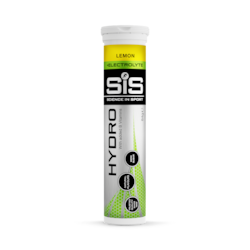
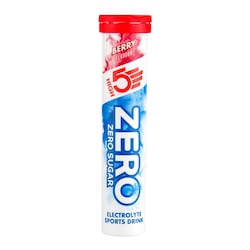
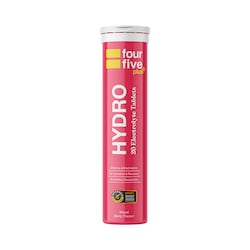
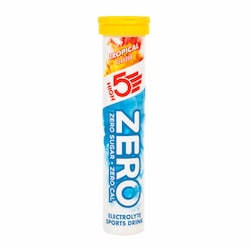
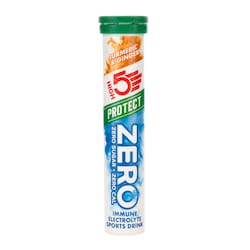
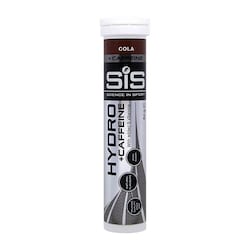
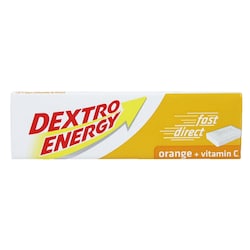
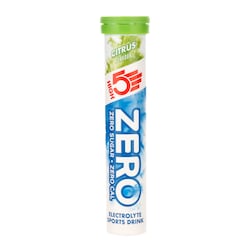
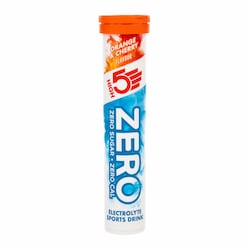
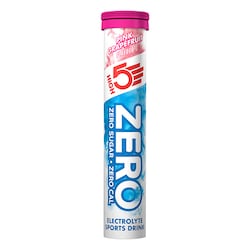
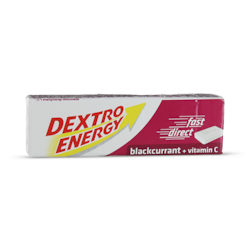
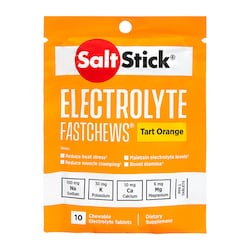
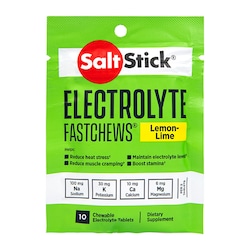
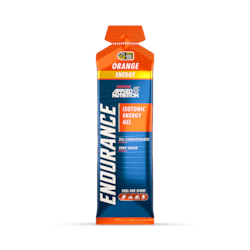
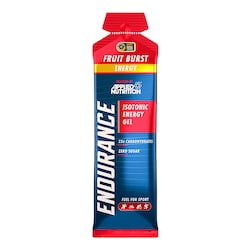
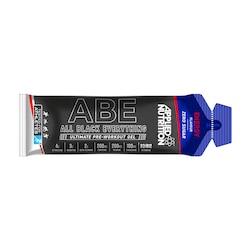
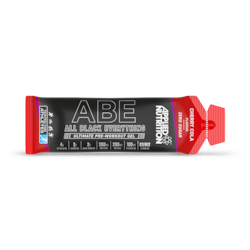
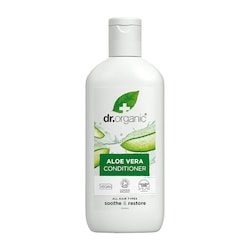

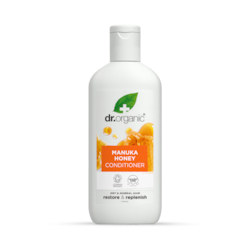


.png)










